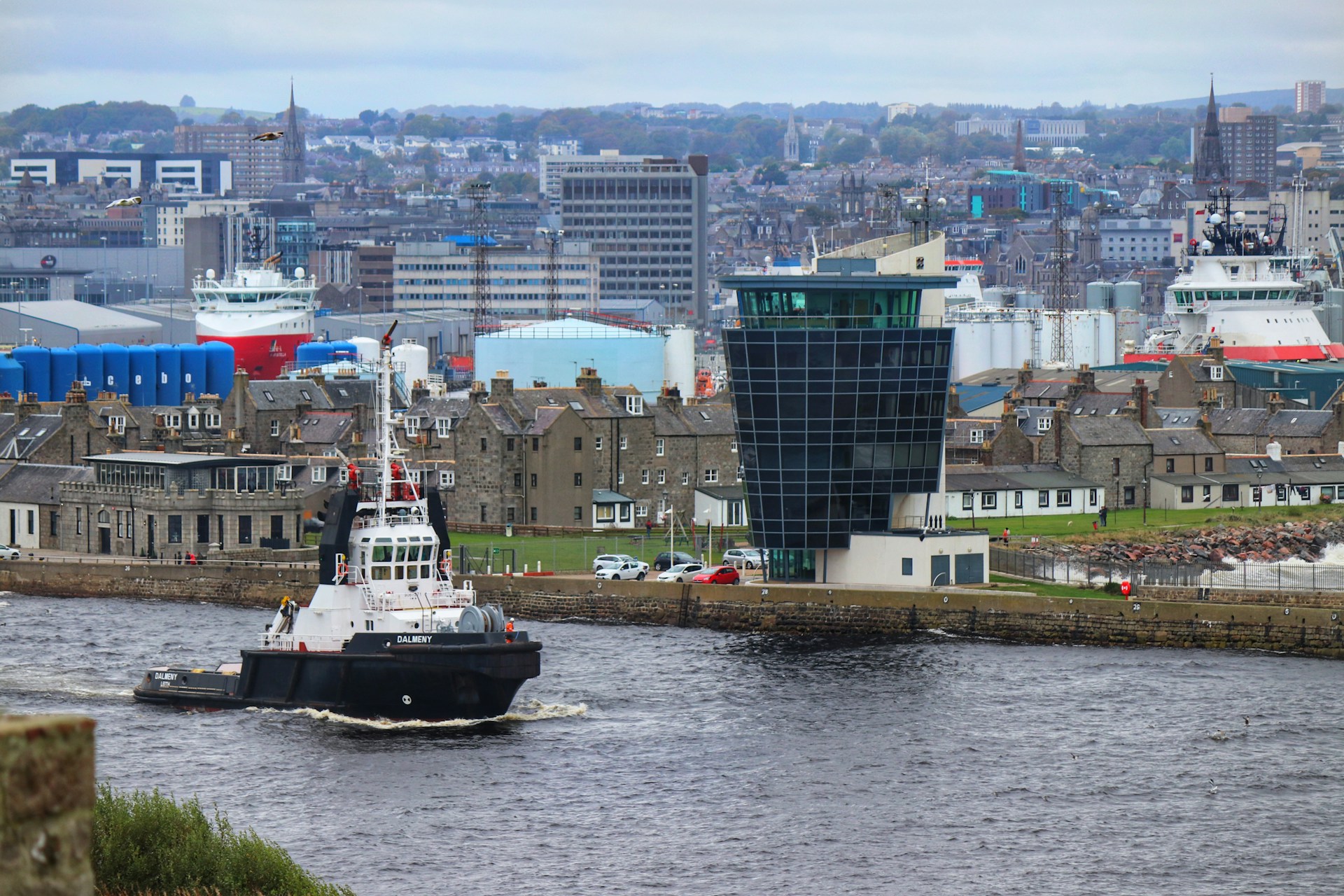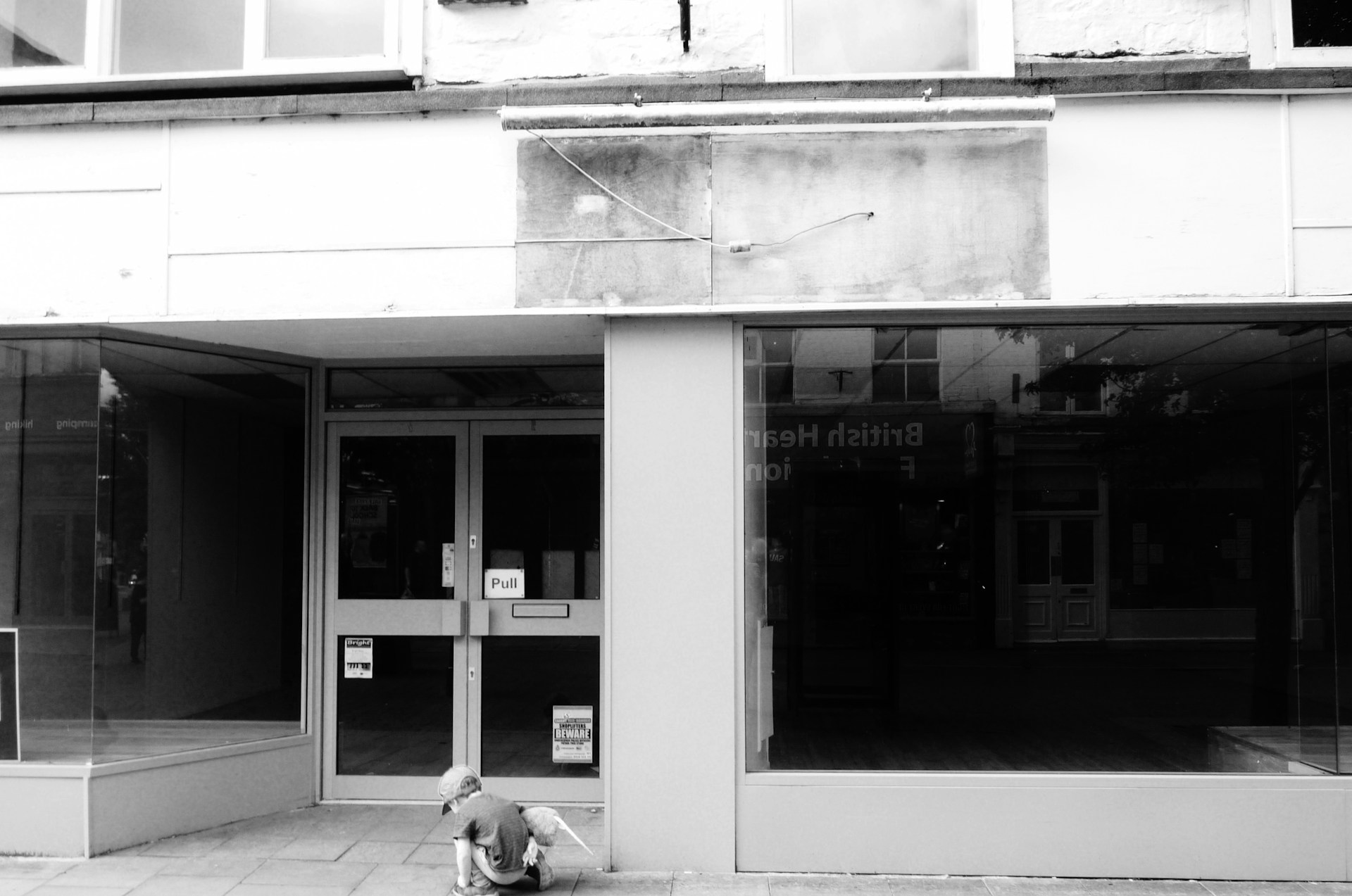Harland Sanders had some career. In the early 1900’s he worked as a streetcar conductor, a blacksmith’s helper, and a steam engine stoker. Most of his jobs ended with him being fired for insubordination or fighting with colleagues.
He spent a few years selling life insurance, then tyres for the Michelin Tire Company. Somehow, he found time to study law at night and start his own legal practice. Until that career ended when he got into a courtroom brawl with his own client.

He had mixed success as a company owner. He founded and sold a ferryboat company in Indiana. Then lost the profits on his next venture, an acetylene lamp company. He later ran a service station in Kentucky and got involved in a gunfight with a local competitor in which one of his employees was killed.
He was 62 years old when he founded the Kentucky Fried Chicken franchise. The business was the culmination of years of trial and error, hard-earned life lessons, and tinkering with recipes, both business and chicken. Did nobody tell him it was too late to change career?

The Colonel was one of life’s great reinventors. A Jack of all trades, master of one. He rebranded himself again and again, trying on as many suits as he could until he found one that fit (white, with a black string tie).
His story makes an interesting allegory for our towns and cities. What to do when you have to reconsider your very identity? When your competitive advantage is overtaken by time and technology. When Plan A becomes Plan B, then Plan C and D. Stick or twist?
Take Aberdeen, the “oil capital of Europe”, facing into a future of net zero carbon emissions. Should it pivot urgently towards new technology, or milk every last black drop out of the North Sea wells? Rishi Sunak says more oil and gas, and he’s backing it up with new legislation to tap North Sea oil and gas with annual licensing rounds. Keir Starmer, on the other hand, wants an immediate prioritisation of green jobs funded through a windfall tax on oil profits. And the SNP sits somewhere in the middle.

Within each position is an acknowledgement that change is coming, and change is inevitable. Everyone can see the oil tanker approaching the iceberg; they’re just squabbling over when to start turning.
Humza Yousaf has vowed not to let “the North East go the way our coal and mining towns went under Thatcher”. This reference is timely. Forty years on from the 1984 miners’ strike, communities across the UK remain scarred by the closure of the coal mines. They are a cautionary tale about what happens without a Plan B.
Why didn’t they just reinvent themselves? Why didn’t they reimagine their high streets?
Well, how exactly? Towns are built around industry. And industry relies on the resources available in the local environment. Where those resources are finite, a ticking clock looms over the local economy from day the first ground is broken or the first well is drilled. Which is the same day that planning should begin for what happens when it all ends.
The world of placemaking is today awash with “reimagining the town centre”. Most sources go long on theory, short on specifics. They aspire to lofty goals, like reducing carbon footprint, reclaiming public spaces and improving people’s well-being. Take a former Debenhams, convert it into community space, put some residential above and stick a roof garden on the top*. E voila.

But there’s a lot of tiptoeing around the elephant in the room…rubs thumb over index finger.
Local government in the UK is in financial crisis. Last year, Councils in Birmingham, Woking and Nottingham declared bankruptcy, with more expected to follow this year. Basic services like bin collections, libraries and bus routes are being cut.
Meanwhile, the score card is in for the Levelling Up Fund, first launched in 2019 with the grand ambition to regenerate our town centres and high streets. And it’s not good news. Five years in, the Public Accounts Committee has stated that the levelling up agenda is beset by an “absolutely astonishing” level of delay, and the government cannot give “any compelling examples” of what it has delivered.
The “pots” approved by Levelling Up can best be described as eclectic and arbitrary. And in the midst of a cost of living crisis, they are burying the lede. In other words, great that the local park is getting new chess tables, less great that the roads around the park are full of potholes.

For the 418 unsuccessful Levelling Up bids, they go back to the drawing board with no feedback on why their application was rejected. Back to the weeds of stretching a budget that is already stretched to breaking point. Maybe appealing to altruistic property developers (know any?), local businesses and the voluntary sector to contribute time and resources towards a vision for their place that assumes, at the very least, that the basic needs of society are already funded.
These places would rather reinvent their funding model than their high street. Reinvent the win-or-bust lottery of centralised grant schemes like Levelling Up. Reimagine a council tax system that is not based on property values from 1991. All of which would lead to a fairer and more sustainable means of managing places.
In the meantime, talk of “reinventing our towns” feels grandiose and aspirational. And missing the bigger picture. Like planning an attic conversion on a house with crumbling foundations.
The Colonel at least had starting capital to get his venture off the ground. He had the means to realise his reinvention. Without it, all the “reimagination” in the world will remain imaginary.
*this is glib for effect only. I recently attended a presentation by a property developer showing multiple colourful mock-ups of abandoned department stores beautifully reimagined for community and residential purposes. I got quite inspired right up until the presenter concluded with the depressing line “hopefully some of these can actually happen if the funding can be secured”